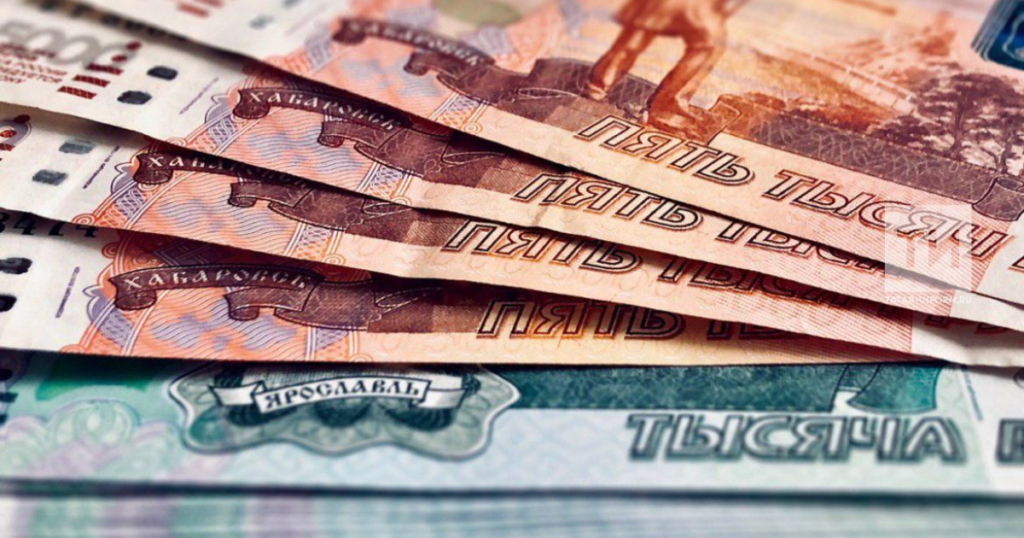
Kremlin considering an end to flat rate income tax
Officials at the top of government are looking at scrapping the flat rate personal income tax, which has been a cornerstone of Russia’s tax policy under Putin. The move would be marketed as promoting ‘social justice’ and likely coincide with the constitutional referendum scheduled for the end of June that could allow Putin to ‘reset’ his presidential term count.

- The gap between poor and rich in Russia has always been enormous. Official statistics from the end of 2019 show (Rus) almost half of families could only afford to buy food and clothing. This is one of the reasons for the fall (Rus) in Putin’s approval ratings.
- Ahead of the referendum, the Kremlin has returned to the old idea of a progressive income tax scale for individuals. Journalists uncovered (Rus) these plans this week.
- At the moment Russia has a personal income tax rate of 13 percent, a measure that was introduced by Putin in 2001 in a series of major tax reforms widely credited to former Finance Minister Aleksei Kudrin.
- Under the proposals, this would be raised to 15 percent for those earning over 2 million rubles ($28,700) a year. Income tax could also be scrapped entirely for low earners.
- A final decision on the changes has not yet been made. But if the authorities decide to act, Putin may appeal to ‘social justice’ and make the announcement in his annual televised Q&A just before the referendum.
- Economists have different opinions on whether the measures mean people begin hiding their income, or whether they will shrink Russia’s already modest middle class.
Why the world should care
Falling household income is one of the most important issues determining Putin’s popularity. Addressing this trend could not only allow Putin secure a bigger ‘yes’ vote in the upcoming constitutional referendum, but also help secure his longer-term political future.





